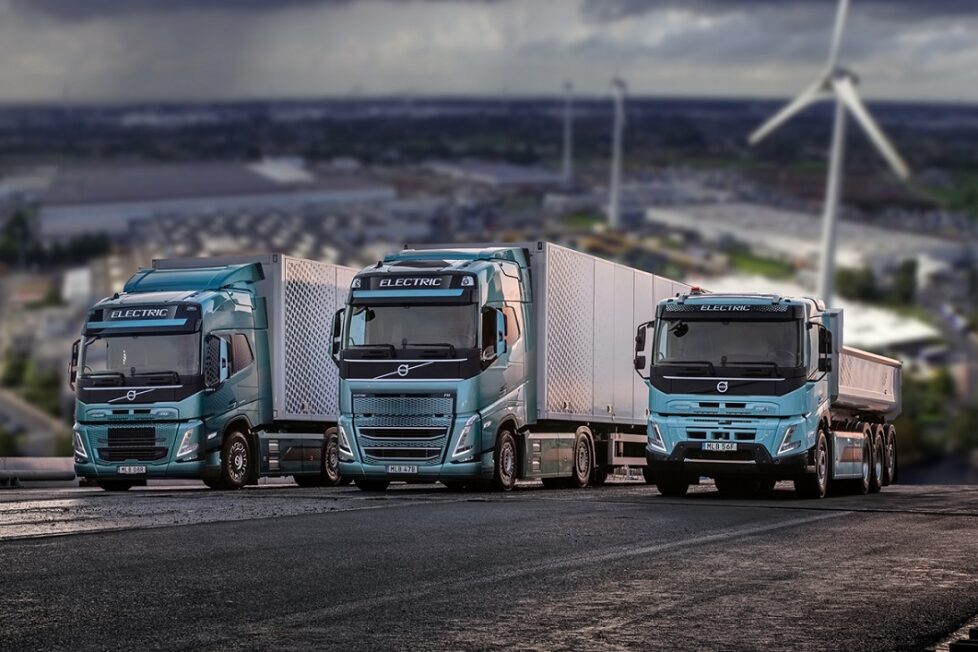Volvo Signs Deal for Low Carbon Steel with H2 Green Steel

Truck, bus and construction equipment company Volvo Group announced today a new agreement with Swedish startup H2 Green Steel to purchase low-carbon steel for use in its commercial vehicles, with deliveries beginning in 2026.
Steelmaking is one of the biggest emitters of CO2 globally, and one of the more challenging sectors to abate, with total greenhouse gas emissions (GHG) from the sector accounting for 7% – 9% of direct emissions from the global use of fossil fuels.
Founded in 2020, H2 Green Steel is developing its flagship green steel plant in Boden, Sweden, with the project including a giga-scale green hydrogen plant as an integrated part of the steel production facility. The company employs hydrogen produced using green power to remove the oxygen from iron oxide, avoiding most of the CO2 emissions normally produced, and uses electricity from 100% renewable sources for the energy requirements generated in the manufacturing process. H2 Green Steel aims to begin production in 2025, with plans to produce 5 million tons of nearly fossil-free steel by 2030.
The deal follows last week’s announcement by H2 Green Steel that it raised €1.5 billion in equity to finance the new plant’s construction.
Volvo is the latest in a series of automotive sector buyers of H2 Green Steel, with recent agreement also including Scania, Mercedes-Benz, and BMW.
Henrik Henriksson, H2 Green Steel’s CEO, said:
“The commercial vehicle industry has actively been driving the demand for green steel, validating the market interest. When an undeniable large player like Volvo Group, working at the forefront of sustainable change, places a customer order it’s a clear sign of confidence in both our company and our product.”
According to Volvo Group, the announcement will support the company’s goal to achieve a net zero GHG emission value chain by 2040, a target set by the company in 2021. The company has also sourced fossil-free steel through its collaboration with steel manufacturer SSAB.
Andrea Fuder, Chief Purchasing Officer of Volvo Group, said:
“Collaborations which support our work to reduce emissions are crucial on the path towards net zero. Steel is a big contributor to the footprint of our products, and working together with both established and new players for developing decarbonized materials is key to advancing our progress in sustainable transport and infrastructure solutions.”